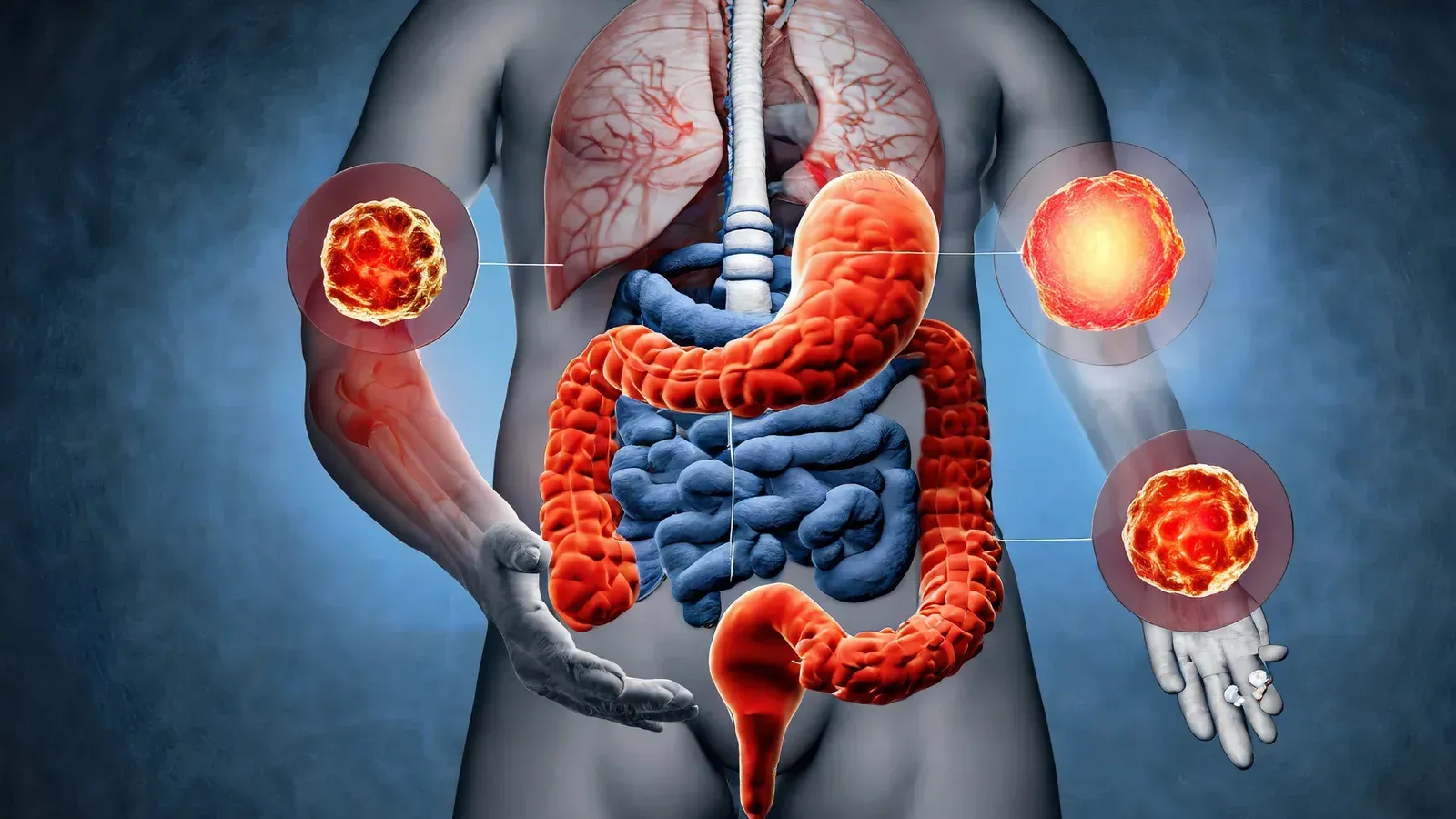Understanding Gastroparesis Diagnosis: Key Steps and Considerations
Gastroparesis is a gastrointestinal disorder characterized by delayed stomach emptying, leading to various symptoms that can significantly impact an individual's quality of life. Diagnosing gastroparesis involves a comprehensive evaluation of symptoms, medical history, and diagnostic tests to confirm the condition. This article aims to provide insights into the diagnosis of gastroparesis, highlighting the importance of early detection and accurate assessment for effective management.
Recognizing the Signs and Symptoms of Gastroparesis:
Gastroparesis presents with symptoms such as nausea, vomiting, bloating, early satiety, and abdominal discomfort. Understanding these signs and their impact on daily life is crucial for suspecting gastroparesis and initiating the diagnostic process.
Diagnostic Approaches for Gastroparesis:
Diagnosing gastroparesis typically involves a combination of medical history review, physical examination, and diagnostic tests like gastric emptying studies and upper endoscopy. These tests help evaluate stomach motility, assess the severity of delayed emptying, and rule out other possible causes of gastrointestinal symptoms.
Role of Gastroenterology Clinical Research in Advancing Gastroparesis Diagnosis:
Gastroenterology clinical research plays a vital role in enhancing diagnostic techniques and treatment strategies for gastroparesis. Through ongoing research studies, healthcare providers can explore innovative diagnostic tools, biomarkers, and imaging modalities to improve the accuracy and efficiency of gastroparesis diagnosis.
Treatment Options Following Gastroparesis Diagnosis:
Once gastroparesis is diagnosed, treatment strategies may include dietary modifications, medications to promote stomach emptying, symptom management, and lifestyle adjustments. Individualized treatment plans tailored to the patient's symptoms and severity of gastroparesis are essential for optimizing outcomes and improving quality of life.
In conclusion, early and accurate diagnosis of gastroparesis is essential for effective management and symptom control. By understanding the diagnostic process, accessing specialized care, and staying informed about treatment options, individuals with gastroparesis can work towards better symptom management and improved overall well-being.









